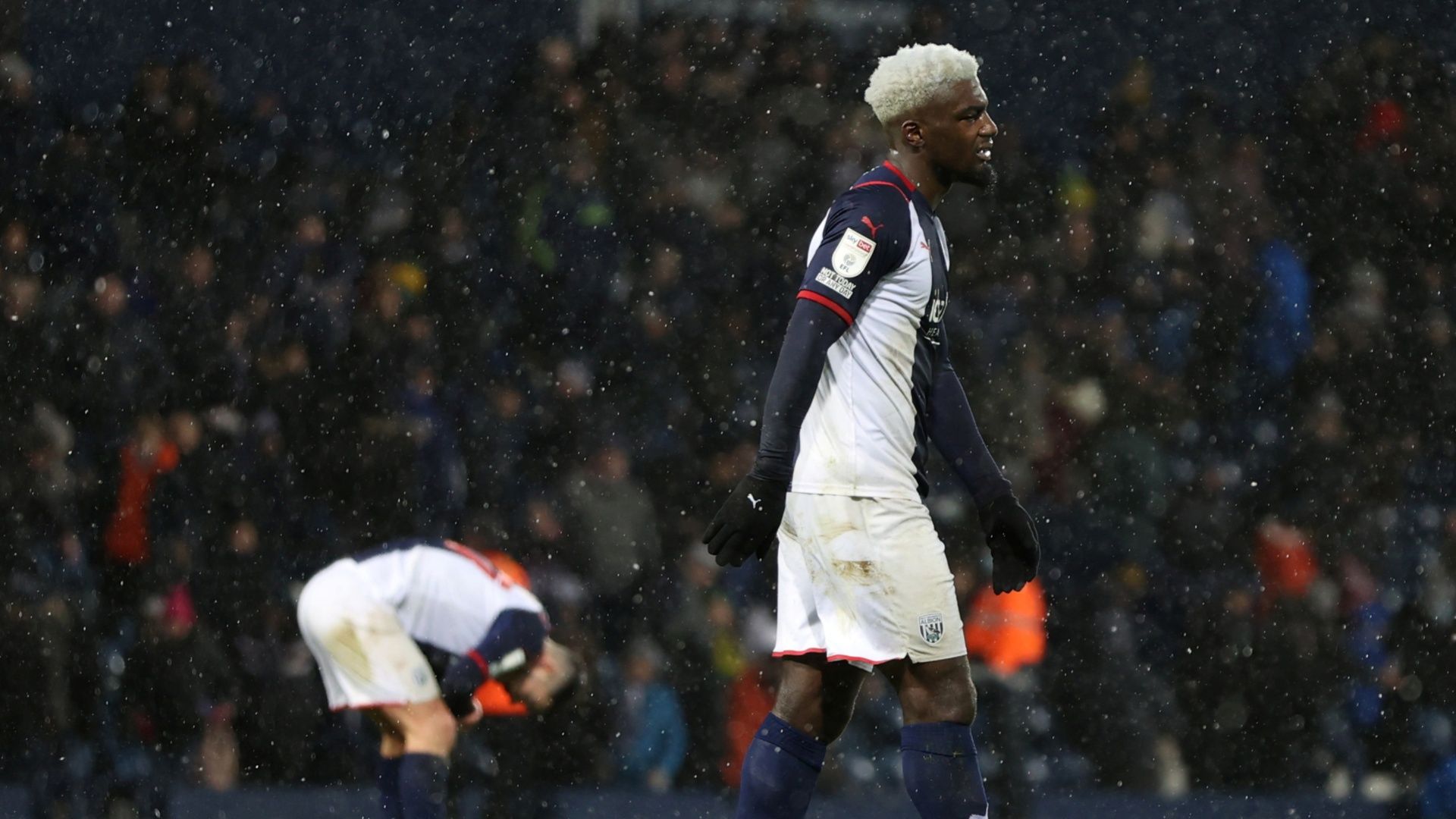Major incidents in Hull and West Bromwich Albion games
The recent controversies in Championship matches, particularly the incidents involving Hull City vs. Birmingham City and Queens Park Rangers vs. West Bromwich Albion, have once again raised questions about the need for VAR (Video Assistant Referee) in the EFL.
In the game between Hull City and Birmingham City, Ozan Tufan’s goal, which appeared to involve the use of his arm to guide the ball into the net, went unnoticed by the officials. Despite protests from Birmingham’s players, referee Keith Stroud allowed the goal to stand. Birmingham ultimately earned a point, but the controversial decision highlights the potential impact of such errors, particularly in the context of the relegation battle.
Similarly, in the match between Queens Park Rangers and West Bromwich Albion, Cedric Kipre’s clear handball in the penalty area was missed by the officials. Despite appeals from QPR players, including Michael Frey, a penalty was not awarded, and the game ended in a draw. Once again, the lack of VAR intervention raises questions about the fairness and accuracy of officiating in the EFL.
These incidents underscore the argument for introducing VAR in the EFL to minimize human error and ensure fair outcomes in matches. While the technology is not without its flaws, its potential to rectify clear and obvious errors, such as handballs, could significantly enhance the integrity of the game.
The debate surrounding the introduction of VAR in the EFL is likely to continue, with proponents advocating for its implementation to improve officiating standards, while opponents raise concerns about its potential impact on the flow and atmosphere of lower league football. Ultimately, the decision to introduce VAR will require careful consideration of its benefits and drawbacks within the context of the EFL.
The pros of VAR
Of course, VAR would positively impact the Championship in some ways and the incidents that happened across the midweek fixtures are testament to that.
For the two teams struggling at the bottom of the division, an extra two points would have been vital in their survival campaigns and as a result, garnering extra help via the use of technology would go a long way in terms of curating a fairer, more accurate league table at such a crucial stage of the season where quite literally every point – or even every goal – is vital.
Elsewhere, the use of lines to determine whether or not players are offside can also be beneficial when it comes to VAR; though at present in terms of how the system operates, it can also be a negative.
The cons of VAR
The cons of VAR can massively outweigh the positives.
Firstly, every decision is scrutinised and can take a few minutes to clear up. With fans in the stands unsure as to what is happening in real-time, decisions in the Premier League not being relayed to fans on big screens and from officials – as happens in other sports such as basketball and tennis – means there can be unrest.
Furthermore, on a more cathartic level, the ability in the EFL to celebrate a goal as soon as it is scored is unrivaled. All it takes is a quick glance to check the assitant’s flag hasn’t been raised before fans can truly celebrate in the terraces, with no further judgement needed.
But as we have seen in many famous cases – for example, Manchester City’s last-minute winner against Tottenham in that Champions League tie back in 2019 – match-going supporters especially, alongside those watching from home, are robbed of glorious memories.
You also have the matter of objectivity. Too many times in Europe’s top leagues this season, we have seen red cards given for what seem like innocuous tackles, whilst other challenges that are full-on and fairly malicious are waved away; leading to questions over where the line is drawn.
Until VAR reaches a better place in terms of time-saving, communication, and its impact on fan experience, there are too many negatives for the EFL to implement it correctly.
GET MORE NEWS HERE

